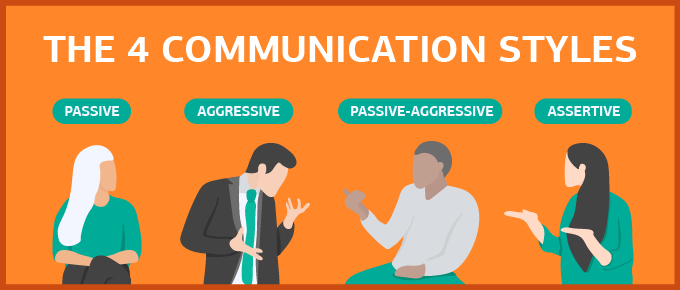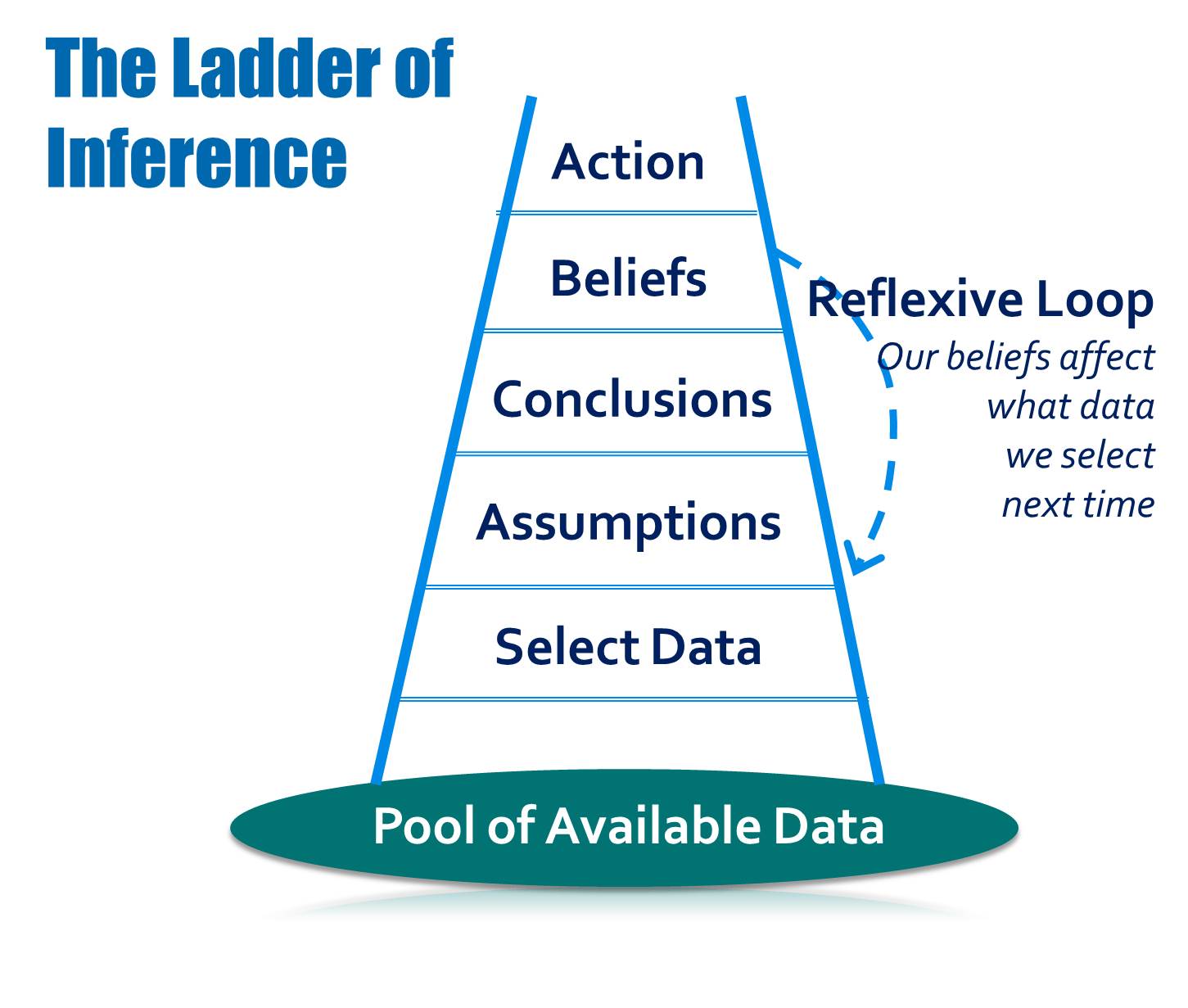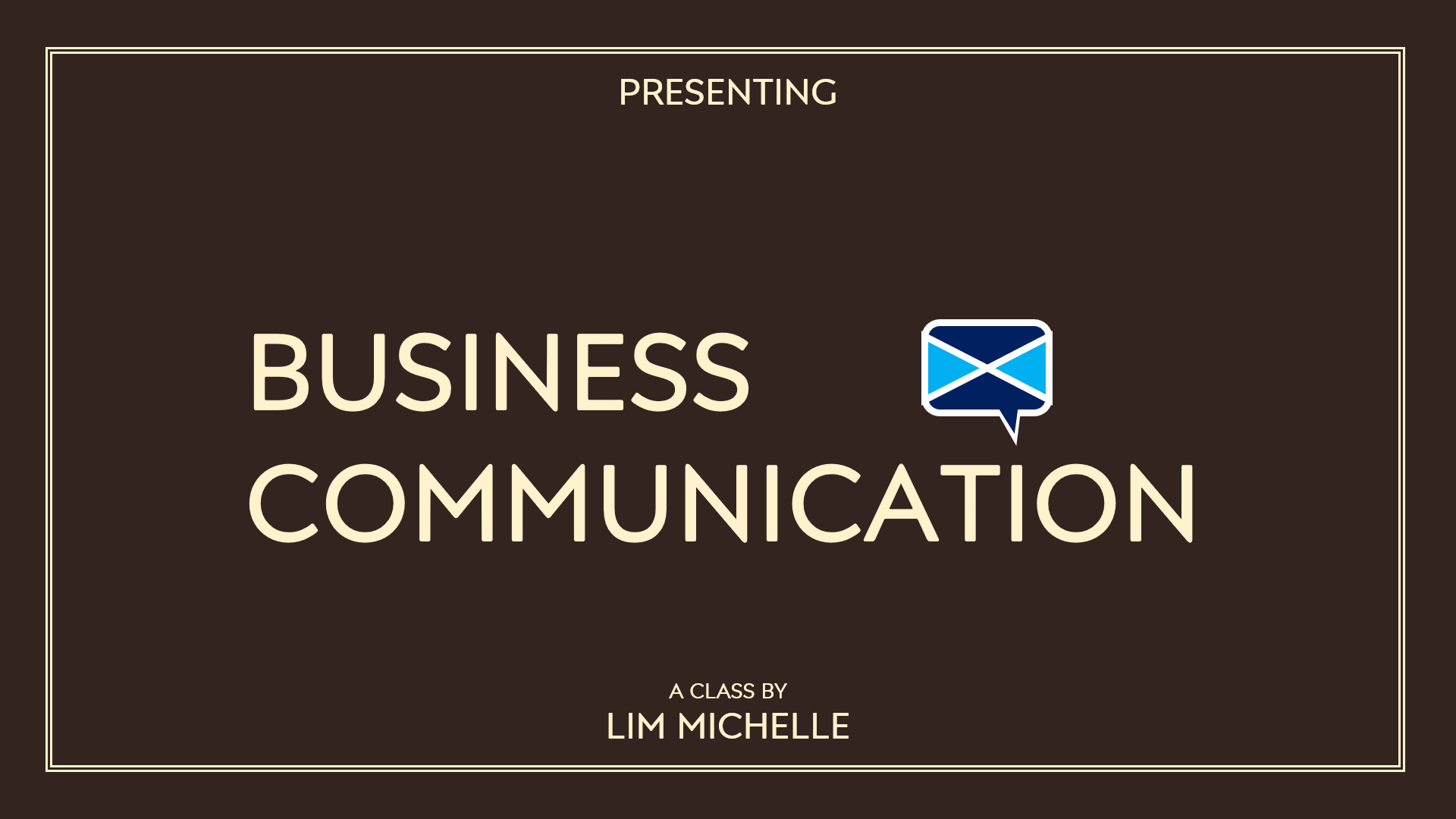Have you ever been in a meeting where communication is not required? Or sit for an examination with no communication between the students and the proctor? While it is true that technology has reduced the need for face-to-face communication between people, communication remains one of the most important aspects in life.
According to Cambridge Dictionary, communication is defined as “the process of sharing information, especially when this increases understanding between people or groups”. And there are various communication methods such as verbal vs. non-verbal communication, written vs. spoken communication and many more.
Inasmuch as communication is essential in daily life, not everyone possesses the skills to communicate effectively.
Barriers to Effective Communication
There are many barriers to effective communication. The most common barrier is the language barrier. But what is more challenging is the cultural differences that exists between two communicators speaking a common language. For example, a French student speaking to a Japanese student in English.
Even between native language speakers, effective communication could be hindered by a difference in perception or having differing viewpoint of a particular subject. As such, it is necessary for communicators to know how to come to a common understanding in order to minimize misunderstanding and increase the effectiveness of communication.

Image of barrier by Ali Yahya at Universitas Wijaya Kusuma Surabaya, Indonesia via Unsplash
Know Your Communication Style
One way to be a better communicator is to understand your communication style. Are you an assertive speaker? Or do you fall on either side of the spectrum, coming across as being aggressive or submissive? What about accidentally sounding passive-aggressive (or even manipulative), even though it was not your intention?
Having a good understanding the four different communication styles is a great start to learning how to communicate with another person, especially during a conflict. Further understanding your personality type would help you understand your tendency of selecting a particular communication style.

Image of the 4 Communication Styles by Lin Christian via Soulsalt.com
The Ladder of Inference
An American business theorist by the name of Chris Argyris coined the theory “ladder of inference” to describe the thinking process one goes through, typically unaware about it, getting from a fact to an action or conclusion.
Oftentimes, people fall into the “ladder of inference” trap. People in general would have their own set of beliefs. One’s belief may interfere with selected data and interpretation that leads into a positive feedback loop.
In this situation, the “positive” in the positive feedback loop does not work in a positive manner. Rather, it pushes one forward with the thought and arriving at a confirmation bias, further asserting one’s belief is accurate.
Through conscious interventions such as understanding how the thinking process develops, one could avoid narrowing one’s field of judgment by going back to the facts at hand and use one’s beliefs and experiences to positive effect. Having self-awareness at this stage helps one to see better.

Image of the Ladder of Inference via TalentGrow
Should Everyone Be Effective Communicators?
Most definitely. There is no limit to the number of people who could become effective communicators. The world would benefit more from having effective communicators, ironing out miscommunication and strengthening relationship between people.
There is bound to be stress resulting from conflicts and misunderstandings in communication. And this is no different be it in the life of a student, the president of a company, or even an IT specialist working from home during the pandemic.
Communication skill can be learned and fine-tuned with practice and effort. As such, it would be best for one to start working on becoming a better communicator as early as possible. While it might be an uphill battle, there is no downside to learning how to communicate better!
How can one become a better communicator?
Introspection matters. Self-awareness is key. To begin with, one could spend some time understand their communication style and tendencies during communication.
Another way is to ask for honest feedback from people around to help one improve. Some companies have adopted the 360 degree feedback to help employees gain valuable insights from people around them (e.g. another coworker, supervisor, manager, subordinate, supplier, etc.), but such practices are less common in non-business situations such as being in school. As such, proactiveness in seeking feedback will help one to gain better perspective and insight for better self-awareness.
Moreover, it takes two to tango. One should also aim to provide valuable feedback to people around them to create a culture of effective communication. While it might seem challenging at first, one would feel more comfortable accepting and delivering feedback with practice. Instilling a proper feedback culture in an environment is necessary to allow people to grow and prosper.

Image of a woman doing yoga by Jared Rice via Unsplash
In a Nutshell
Communication is an essential skill to have in life.. It is a skill that everyone must work on, regardless of their inclination for extroversion or introversion. Self-awareness is an important aspect in helping one become better communicator. Through that, one would be able to narrow down on improvement points to become an assertive communicator.
One great way to improve one’s communication skill is to sign up for a class that allows one to practice communicating in a safe learning environment. A place where one would not feel inhibited to make mistakes, but rather view it as an opportunity to learn faster.
At the end of the day, always remember the first rule of effective communication: It is the responsibility of the communicator to ensure the success of the communication.
Business Communication Class at NUT (September 2020)

Feel free to drop us a message at the Nagaoka Review for more information or contact the University Administration to sign up for the class.
Format: Online (Zoom)
Class Schedule:
7 Sep (Mon) – 3, 4限
17 Sep (Thu) – 1, 2限
24 Sep (Thu) – 4限
25 Sep (Fri) – 3限
28 Sep (Mon) – 3, 4限
30 Sep (Wed) – 3, 4限
6 Oct (Tue) – 3, 4限
14 Oct (Wed) – 3, 4, 5限










